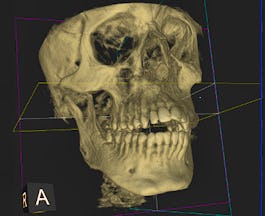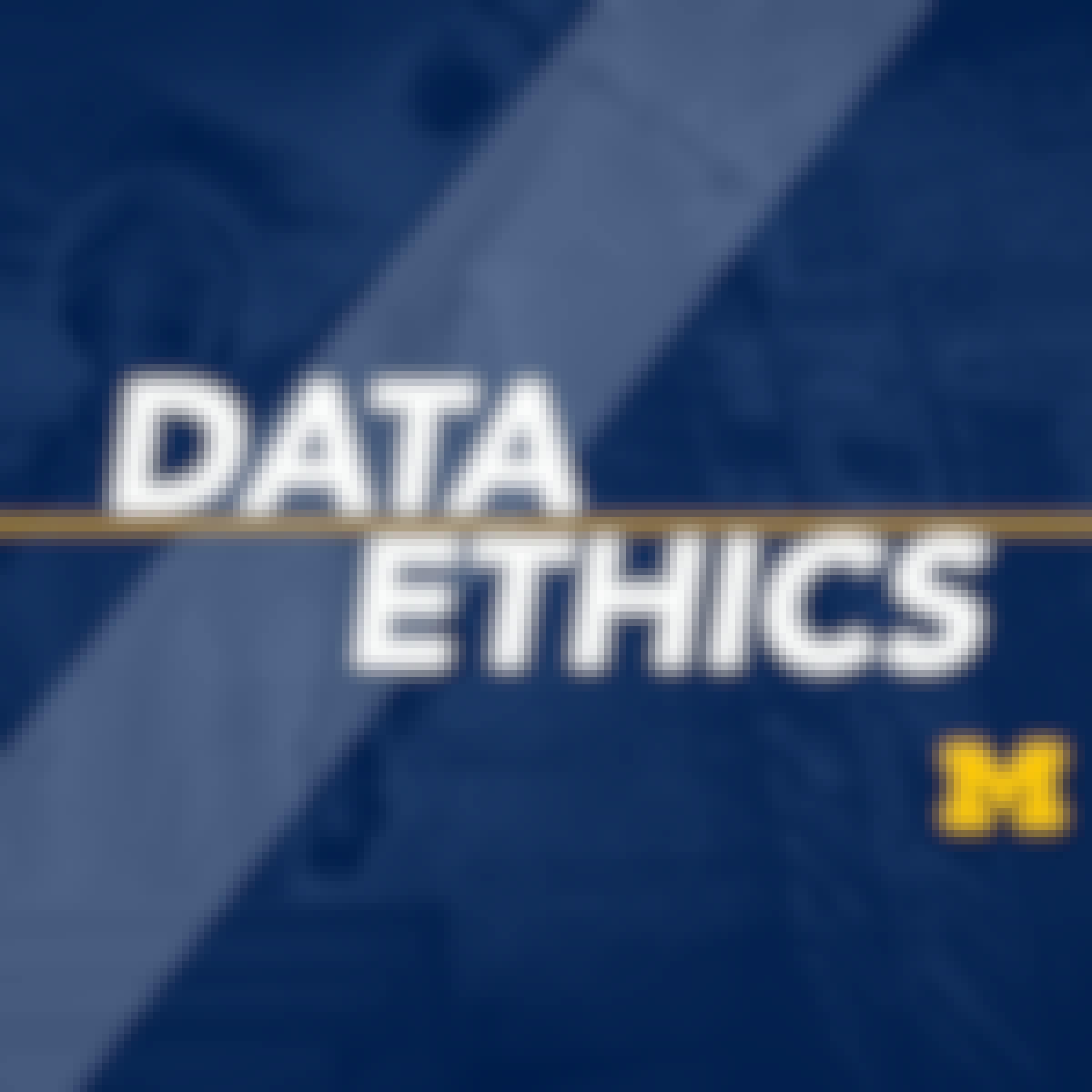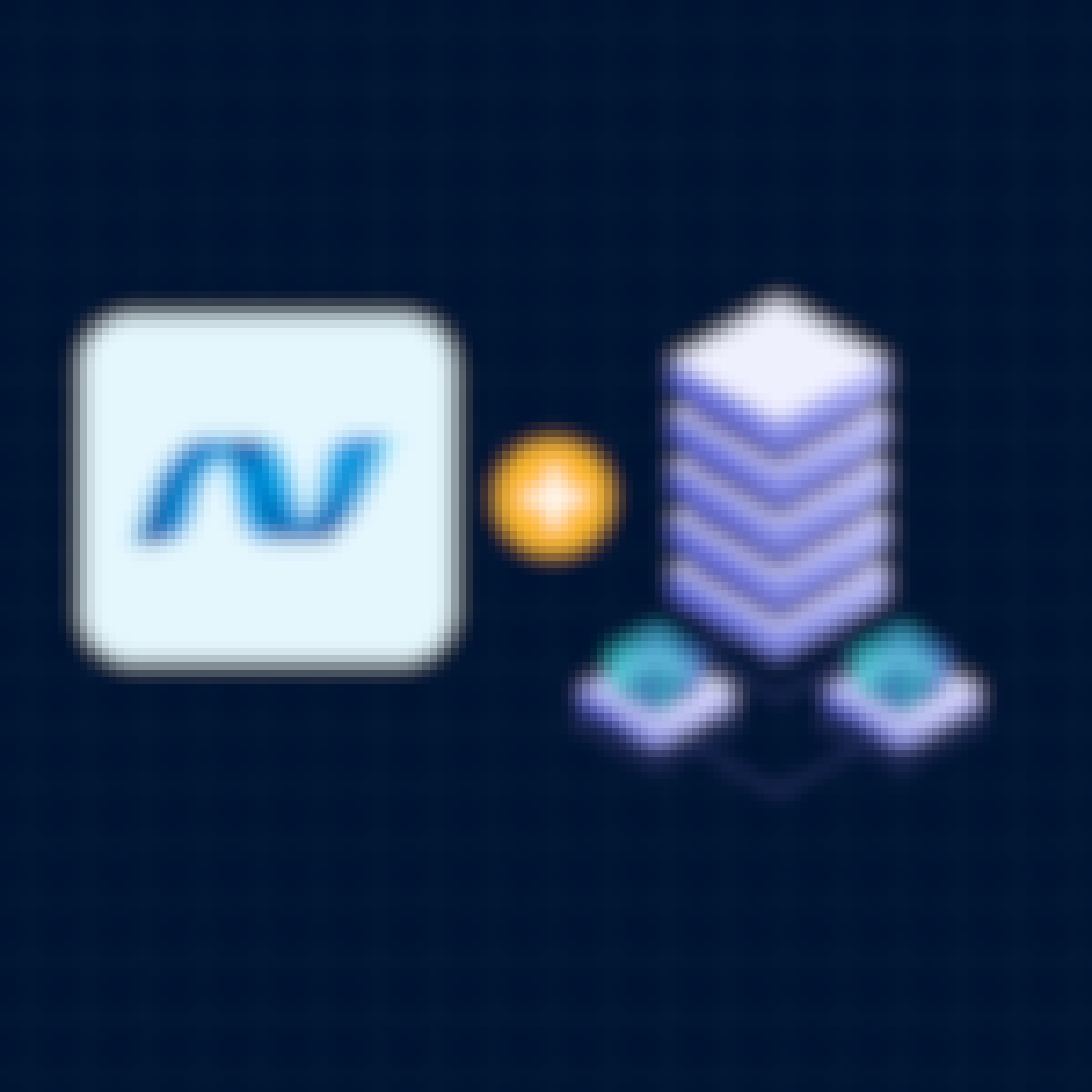Filter by
The language used throughout the course, in both instruction and assessments.
607 results for "cognitive science"

University of Minnesota
Skills you'll gain: Data Analysis, Decision Making, Business Analysis, Statistical Analysis, Probability & Statistics, General Statistics, Mathematics, Spreadsheet Software, Mathematical Theory & Analysis, Algebra, Forecasting, Linear Algebra, Microsoft Excel, Plot (Graphics), Probability Distribution, Regression, Leadership and Management, Statistical Machine Learning, Basic Descriptive Statistics, Generally Accepted Accounting Principles (GAAP), Strategy and Operations, Operations Management
 Status: Free
Status: FreeThe University of Edinburgh
 Status: Free
Status: FreeStanford University
Skills you'll gain: Game Theory, Critical Thinking, Decision Making, Probability & Statistics
 Status: Free
Status: FreeUniversity of London
Skills you'll gain: General Statistics, Probability & Statistics, Probability Distribution, Basic Descriptive Statistics, Statistical Analysis, Statistical Tests, Decision Making, Estimation, Data Analysis

Skills you'll gain: Business Development, Communication, Conflict Management, Design and Product, Entrepreneurship, Leadership and Management, Microsoft Excel, People Management, Resilience, Strategy, User Experience

University of Pennsylvania
- Status: Free
Indian School of Business
 Status: Free
Status: FreeUniversity of Michigan
Skills you'll gain: Decision Making, Critical Thinking, Data Analysis, Data Management, Regulations and Compliance, Social Media, Big Data, Experiment, General Statistics, Probability & Statistics

University of Leeds
Skills you'll gain: Computer Programming, Programming Principles, Python Programming

Skills you'll gain: Business Analysis, Data Analysis, Data Analysis Software, Data Model, Data Visualization, Microsoft Excel, Spreadsheet Software, Data Management, Data Visualization Software, Interactive Data Visualization

Board Infinity
Skills you'll gain: Computer Programming

University of Illinois at Urbana-Champaign
Skills you'll gain: Human Learning
Searches related to cognitive science
In summary, here are 10 of our most popular cognitive science courses
- Analytics for Decision Making: University of Minnesota
- Astrobiology and the Search for Extraterrestrial Life: The University of Edinburgh
- Game Theory II: Advanced Applications: Stanford University
- Probability and Statistics: To p or not to p?: University of London
- Bases de la conception Expérience Utilisateur (UX): Google
- Introduction to Dental Medicine: University of Pennsylvania
- A Life of Happiness and Fulfillment: Indian School of Business
- Data Science Ethics: University of Michigan
- An Introduction to Programming using Python: University of Leeds
- Data Visualization with Advanced Excel: PwC











